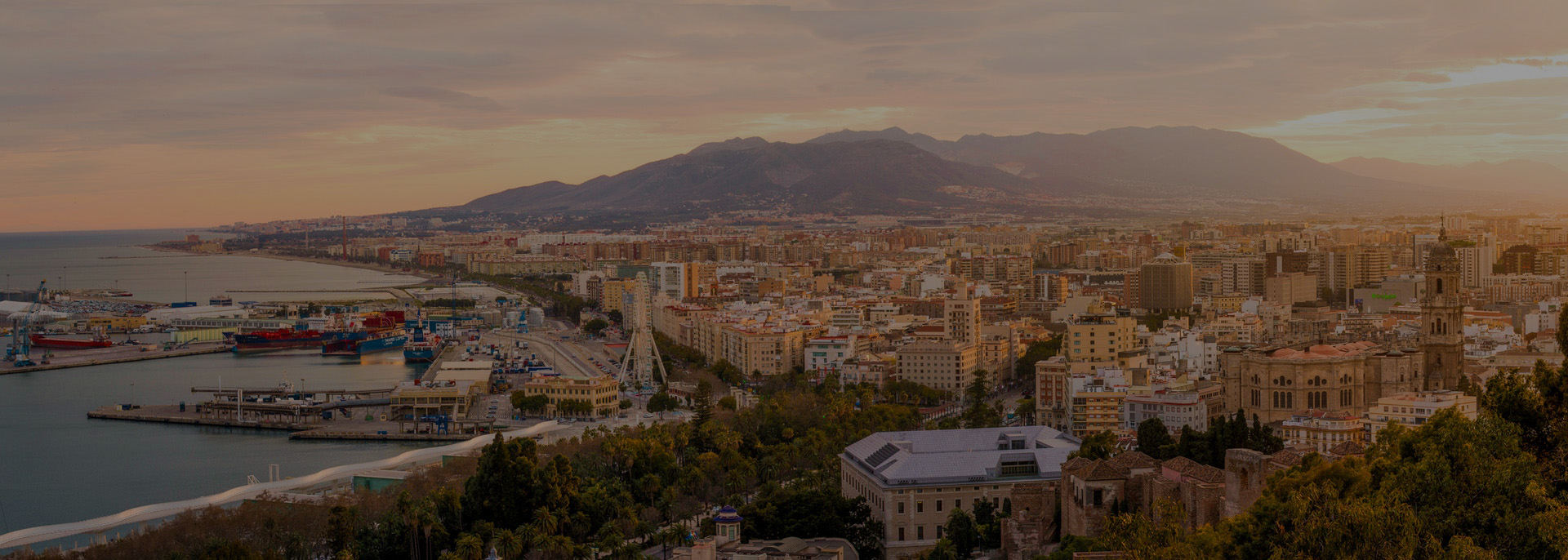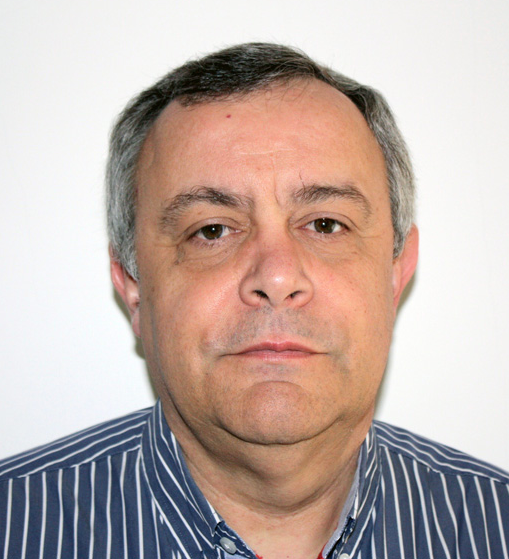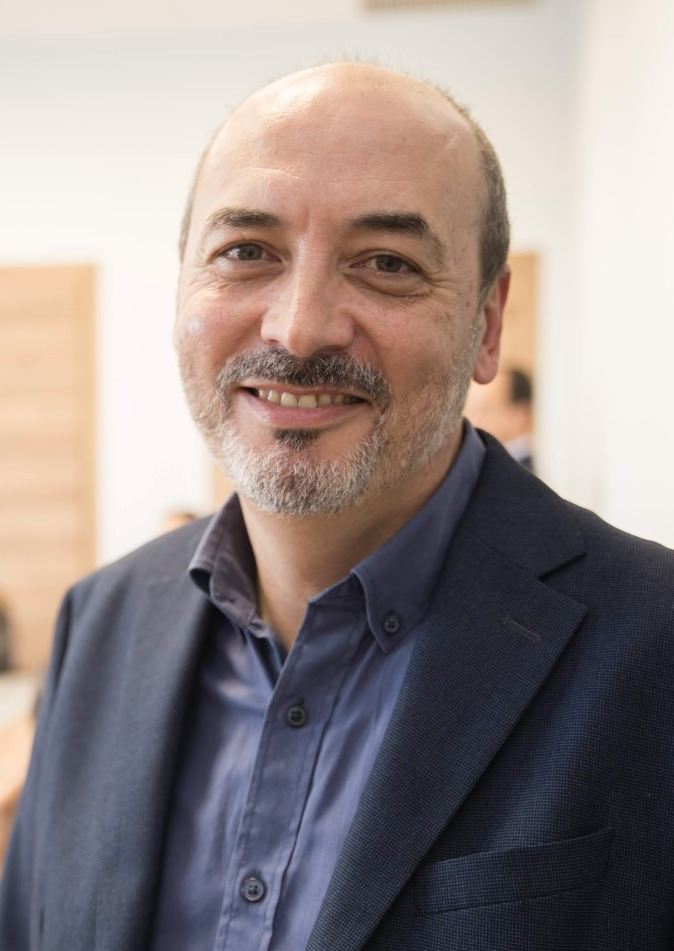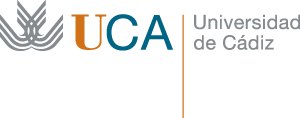XXIII Simposio Internacional de Informática Educativa / Spanish version
see what we can do for you.
XXIII International Symposium on Computers in Education / English version
see what we can do for you.
Extended! 15 June 2021
1-18 June 2021
22 June 2021
30 June 2021
10 September 2021
23-24 September 2021
The International Symposium on Computers in Education provides an international forum for the presentation and discussion of the latest advances in research on learning technologies and their practical application in educational processes. It also aims to bring together researchers, developers, institutional representatives and teachers to share views, knowledge and experiences.
The 23rd edition of the Symposium will focus on technologies for learning analytics. The application of institutional intelligence processes and the exploitation of academic data present great opportunities to improve both the teaching/learning processes and the management of academic institutions. To take advantage of this potential requires the definition, development and evaluation of technological constructs that allow the capture, processing and visualization of data for timely decision making.
This edition of the SIIE is held within the framework of the VI Spanish Congress on Informatics (CEDI) 20/21, postponed from 2020 to 2021 due to the Covid-19 crisis.
The Symposium calls for quality contributions presenting original work in Educational Informatics related to the topics of interest. Contributions can be written in Spanish, Portuguese or English. The title and abstract must also be written in English. The presentation of papers at the symposium may be in Spanish or English.
This edition of the Symposium will be co-located within the frame of the 6th Spanish Congress of Informatics. The congress will have a hybrid format, both face-to-face and online. All communications will be presented in a virtual format. Authors of selected papers to be presented will provide a short 10-minute video with their contribution and deliver it to the conference organization before September 10th, 2021.
All contributions must be submitted as PDF files and conform to the official IEEE Proceedings Formatting Instructions (http://www.ieee.org/conferences_events/conferences/publishing/templates.html). Regular contributions will be limited to a maximum of 6 pages.
Submissions should be made via the EasyChair platform through the following link (https://easychair.org/conferences/?conf=siie2021).
Accepted papers will be published digitally as symposium proceedings, which will be distributed to participants prior to the symposium. Papers submitted and presented will be included in an edition of post-proceedings
The conference proceedings will be submitted for inclusion to the IEEE Xplore Digital Library®. Papers to be submitted for inclusion to the IEEE Xplore Digital Library® must be written in English.
At the end of the symposium, the IX Edition of the "Antonio Vaquero" award will be presented to the best paper of the SIIE 2021.
The best articles will also be selected for publication in extended versions in various journals. Special issues are currently confirmed in:
Besides regular sessions, the following special sessions will take place during the symposium:
Contributions to special sessions must be also submitted as PDF files and conform to the official IEEE Proceedings Formatting Instructions. Contributions to special sessions will have a minimum of 2 page and a maximum of 6 pages.
All submissions should be made via the EasyChair platform through the following link (https://easychair.org/conferences/?conf=siie2021).
Martín Llamas Nistal – Universidad de Vigo, España
Cristina Azevedo Gomes – Instituto Politécnico de Viseu, Portugal
Francisco José García Peñalvo – Universidad de Salamanca, España
António José Mendes – Universidad de Coimbra, Portugal
Ángel Velázquez Iturbide – Universidad Rey Juan Carlos, España


Alicia García Holgado - Universidad de Salamanca, España
Alvaro Figueira - Universidade do Porto, Portugal
Ana Amélia Carvalho - Universidade de Coimbra, Portugal
Ana Belén González Rogado - Universidad de Salamanca, España
Ana Isabel Molina - Universidad de Castilla-La Mancha, España
Anabela Gomes - Instituto Politécnico de Coimbra, Portugal
Ángel Fidalgo - Universidad Politécnica de Madrid, España
Ángel Velázquez Iturbide - Universidad Rey Juan Carlos, España
Antonio Balderas Alberico - Universidad de Cádiz, España
António Dias de Figueiredo - Universidade de Coimbra, Portugal
António José Osório - Universidade do Minho, Portugal
Antonio Manso - Instituto Politécnico de Tomar, Portugal
Antonio Miguel Seoane Pardo - Universidad de Salamanca, España
António Moreira - Universidade de Aveiro, Portugal
Antonio Sarasa Cabezuelo - Universidad Complutense de Madrid, España
August Climent - La Salle Open University, España
Begoña Ferrero Martín - Universidad del País Vasco, España
Belmiro Rego - Instituto Politécnico de Viseu, Portugal
Carina González González - Universidad de La Laguna, España
Carla Morais - Universidade do Porto, Portugal
Carlos Brigas - Instituto Politécnico da Guarda, Portugal
Carlos Delgado Kloos - Universidad Carlos III de Madrid, España
Célio Marques - Instituto Politécnico de Tomar, Portugal
Covadonga Rodrigo - Universidad Nacional de Educación a Distancia, España
Cristian Cechinel - Universidad Federal de Pelotas, Brasil
Cristina Azevedo Gomes - Instituto Politécnico de Viseu, Portugal
Davinia Hernández Leo - Universitat Pompeu Fabra, España
Diana Pérez Martín - Universidad Rey Juan Carlos, España
Eduarda Ferreira - Universidade Nova de Lisboa, Portugal
Erla Mariela Morales Morgado - Universidad de Salamanca, España
Estefanía Martín Barroso - Universidad Rey Juan Carlos, España
Faraón Llorens Largo - Universidad de Alicante, España
Fernando Albuquerque Costa - Universidade de Lisboa, Portugal
Fernando Mikic - Universidade de Vigo, España
Fernando Ramos - Universidade de Aveiro, Portugal
Francisco José García Peñalvo - Universidad de Salamanca, España
Francisco Jurado, Universidad Autónoma de Madrid, España
Gregorio Robles Martínez - Universidad Rey Juan Carlos, España
Henrique Gil - Instituto Politécnico de Castelo Barnco, Portugal
Ignacio Aedo Cuevas - Universidad Carlos III de Madrid, España
Irene Tomé - Universidade Nova de Lisboa, Portugal
Isabel Pereira - Instituto Politécnico de Leiria, Portugal
Iván Ruiz Rube - Universidad de Cádiz, España
Jaime Sánchez - Universidad de Chile, Chile
Jaime Urquiza - Universidad Rey Juan Carlos, España
Jesús González Boticario - Universidad Nacional de Educación a Distancia, España
José V. Benlloch-Dualde - Universidad Politécnica de Valencia, España
José Luis Sierra Rodríguez - Universidad Complutense de Madrid, España
Juan Cruz Benito - IBM Research, España
Juan Manuel Dodero Beardo - Universidad de Cádiz, España
Juan Manuel Santos - Universidade de Vigo, España
Lucila Santarosa - Universidades Federal do Rio Grande do Sul, Brasil
Luis Anido Rifón - Universidad de Vigo, España
Luis Pedro - Universidade de Aveiro, Portugal
Luis Valente - Universidade do Minho, Portugal
Manuel Caeiro Rodríguez - Universidad de Vigo, España
Manuel Castro Gil - Universidad Nacional de Educación a Distancia, España
Manuel José Fernández Iglesias - Universidade de Vigo
Manuel Ortega Cantero - Universidad de Castilla-La Mancha, España
Manuel Pérez Cota - Universidad de Vigo, España
Maria João Gomes - Universidade do Minho, Portugal
Maria João Loureiro - Universidade de Aveiro, Portugal
Maria João Silva - Instituto Politécnico de Lisboa, Portugal
Maria José Marcelino - Universidade de Coimbra, Portugal
María Luisa Sein-Echaluce Lacleta - Universidad de Zaragoza, España
Maria Teresa Pessoa - Universidade de Coimbra, Portugal
Maribel S. Miranda-Pinto - Universidade do Minho, Portugal
Martín Llamas Nistal - Universidad de Vigo, España
Maximiliano Paredes Velasco - Universidad Rey Juan Carlos, España
Mercedes Gómez Albarrán - Universidad Complutense de Madrid, España
Miguel Ángel Conde González - Universidad de León, España
Miguel Ángel Redondo Duque - Universidad de Castilla-La Mancha, España
Miguel Rodríguez Artacho - Universidad Nacional de Educación a Distancia, España
Natalia Castanon - Universidad Metropolitana, Venezuela
Paulo Dias, Universidade Aberta, Portugal
Pilar Rodríguez Marín - Universidad Autónoma de Madrid, España
Ramón Fabregat Gesa - Universitat de Girona, España
Regina Motz - Universidad de la República, Uruguay
Rita Cadima - Instituto Politécnico de Leiria, Portugal
Rosa M. Carro Salas - Universidad Autónoma de Madrid, España
Rosa Vicari, Universidade Federal do Rio Grande do Sul, Brasil
Rosário Rodrigues - Instituto Politécnico de Setúbal, Portugal
Susana Nieto Isidro - Universidad de Salamanca, España
Yannis Dimitriadis - Universidad de Valladolid, España
The folllowing is a non-exhaustive list of related or complementary subjects that are considered within the main topic of the symposium:
Download Call for papers SIIE 2021 (PDF)
Registration must be completed through the CEDI 20/21 web page at https://www.congresocedi.es/ .
The CEDI 2021 edition is a hybrid event, with two modalities of registration and attendance: in-person and online.
Registration in CEDI for one author must be completed, at least in the online modality, for each paper contribution to be presented at SIIE.
The provisional program of SIIE and all CEDI events is published by the CEDI organization in the following link to Whova platform.
Paper presentation will be in-person (in case of in-person modality registration) or online (in case of online modality registration) according to the program schedule.
Language of presentation will be preferably English, but Spanish or Portuguese will be also admitted.
For online presentations, authors must provide in due advance a video recording with their presentation that fulfills the following features:
In the scheduled presentation, after playing the video, the presenter will respond to questions made either in-person or by the Zoom videoconference.







